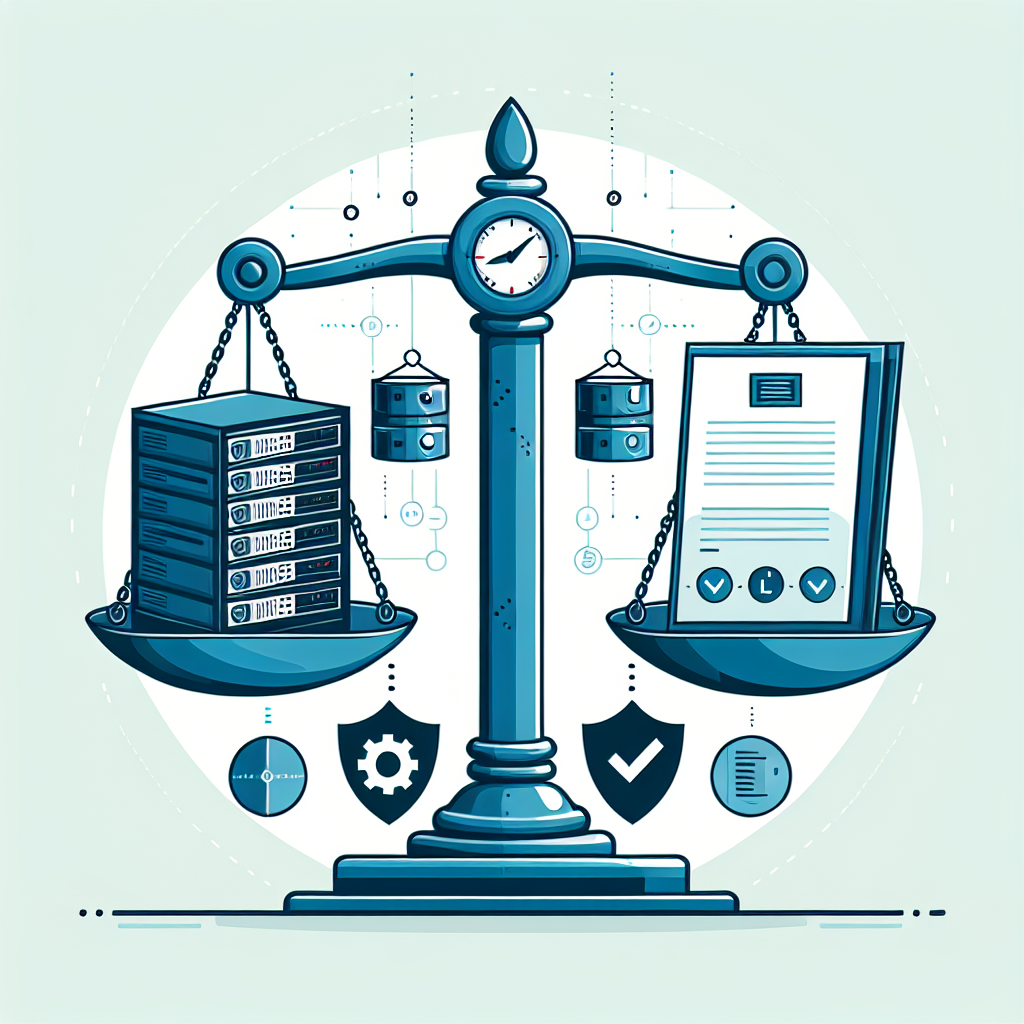Your cart is currently empty!
Managing Risk with Data Center Service Level Agreements

In today’s digital age, data centers play a critical role in the operations of businesses of all sizes. These facilities house the servers and networking equipment that store and process vast amounts of data, making them essential for ensuring the smooth running of applications and services. However, with this critical function comes the potential for risks that could disrupt operations and ultimately impact the bottom line.
One way to mitigate these risks is through the use of Service Level Agreements (SLAs) with data center providers. SLAs are contracts that outline the level of service that the provider will deliver, including uptime guarantees, response times for issue resolution, and security measures. By setting clear expectations and holding providers accountable, businesses can better manage the risks associated with data center operations.
One of the key components of a data center SLA is the uptime guarantee. This specifies the percentage of time that the data center will be operational and accessible to users. For example, a 99.999% uptime guarantee means that the data center will be down for no more than 5 minutes per year. By ensuring high levels of uptime, businesses can minimize the risk of downtime that could result in lost revenue and damage to their reputation.
Another important aspect of data center SLAs is the response time for issue resolution. In the event of a problem with the data center infrastructure, the provider commits to a certain timeframe for addressing and resolving the issue. This ensures that any disruptions are quickly addressed, minimizing the impact on business operations.
Security measures are also a critical component of data center SLAs. Providers should outline the security protocols and measures in place to protect data and prevent unauthorized access. This includes physical security measures such as access controls and surveillance, as well as cybersecurity measures such as firewalls and encryption. By ensuring that these security measures are in place, businesses can reduce the risk of data breaches and protect sensitive information.
In addition to these key components, data center SLAs may also include provisions for disaster recovery and data backup. These measures help to ensure that data is protected in the event of a natural disaster, cyberattack, or other unforeseen event. By having a comprehensive disaster recovery plan in place, businesses can minimize the risk of data loss and ensure business continuity in the face of disruptions.
Overall, managing risk with data center SLAs is essential for businesses that rely on data centers for their operations. By setting clear expectations and holding providers accountable, businesses can mitigate the risks associated with data center operations and ensure the smooth running of their applications and services. By prioritizing uptime guarantees, response times for issue resolution, security measures, and disaster recovery plans, businesses can protect their data and minimize the impact of potential disruptions.

Leave a Reply